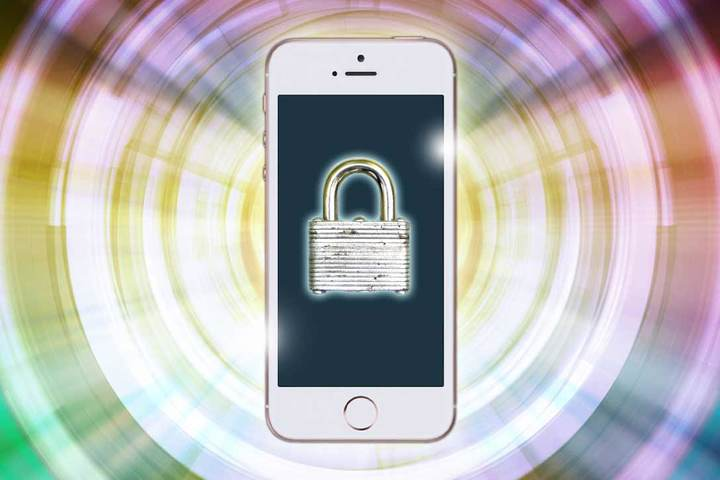Overview of Security and Privacy Features in iOS 12 and macOS Mojave
At the Worldwide Developers Conference (WWDC) 2018 in June, Apple announced new versions of its operating systems: iOS and macOS. After September 12, the official release dates were revealed—iOS 12 was set for September 17, and macOS Mojave for September 24. While much has been said about the various new features aimed at improving user experience, our focus here is on the latest privacy and security enhancements. Let’s take a closer look!
macOS Mojave
macOS Mojave is the sixth version of the macOS operating system, named after a location in California where Apple is based. Among the main updates, developers highlighted Dark Mode, Stacks for organizing desktop files, and group FaceTime calls.
But what about security and privacy features?
Blocking Fingerprinting and Cross-Site Tracking
Safari now prevents browser fingerprinting and cross-site tracking. How does it work? Safari uses a new “Intelligent Tracking Prevention” feature to stop advertisers from following you from site to site. Even social networks like FacebookFacebook launched an official Tor mirror in 2014, becoming the first major tech company to provide direct access through onion routing. The mirror allows users to bypass censorship, secure their connections, and avoid phishing risks while using the platform. This step also underscored Facebook’s recognition of free expression and inspired other outlets like the BBC and ProPublica to create their own Tor versions. More are well aware of which sites you visit. This tracking prevention feature makes it much harder for advertisers to create a unique “fingerprint” of your browser, which in turn makes targeted advertising more difficult. Apple is taking steps to protect user privacy.
Camera, Microphone, and Backups Now Require Permissions
Just like apps have to request access to your contacts and calendar, in Mojave, programs must now get your permission to use the camera and microphone. Requests are also required for access to your location and backups.
This is important because it blocks the possibility of secret use of your microphone and camera, serving as a barrier against malicious software that could use your camera to spy on you. The same goes for backups, which are often unencrypted and can be a target for data theft.
iOS 12
The new version of Apple’s mobile operating system brings significant performance improvements for older iPhones and iPads. The Maps app has been redesigned, notifications are now grouped by app, and ARKit has been updated.
So, what’s new in terms of security and privacy?
Password Manager Now Warns About Reused Passwords
The built-in password manager in iOS helps users securely store all their passwords in one place. In iOS 12, the password manager will warn you if you use the same password for different sites or apps. This approach helps users better manage their credentials.
Security experts know how common password reuse is. If your credentials are compromised on one site, a cybercriminal could use them to access your other accounts. Apple recognizes this risk and has implemented measures to help users better control their account security.
Two-Factor Authentication Codes Auto-Fill
When someone sends you a two-factor authentication code (for example, via text message or push notification), iOS 12 will automatically detect and enter the code into the login field. This makes the security feature more seamless and user-friendly. Given the importance of two-factor authentication, this is a welcome improvement.
The Famous USB Restricted Mode
This feature was first discovered in the beta version of iOS 11.4. USB Restricted Mode limits access to the Lightning port, helping to prevent hacking attempts by law enforcement or other parties. If your iPhone hasn’t been unlocked for a week, data transfer through the Lightning port is disabled.
Apple claims this update will make hacking tools like GrayKey ineffective. However, soon after USB Restricted Mode was discovered, researchers found ways to minimize its protective potential in iOS 11.4.1. The trick is to connect the device to a compatible USB accessory before the port is locked, regardless of the accessory’s purpose or capabilities.
Conclusion
Overall, Apple has made efforts to improve user privacy and security. While there may not be any groundbreaking features or revolutionary solutions, the usefulness of some of these new options is undeniable.



